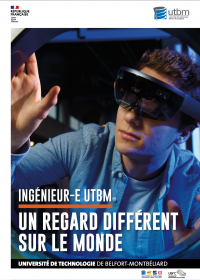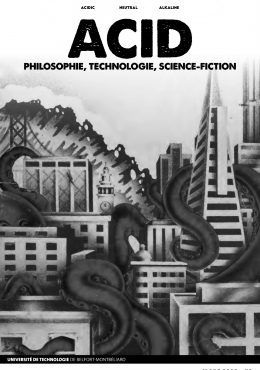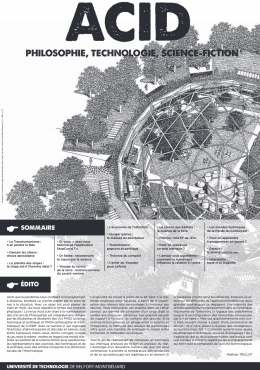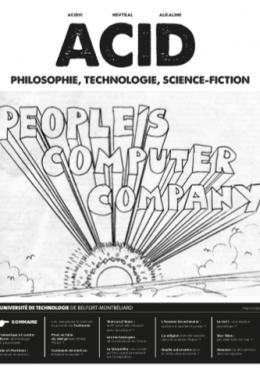Le pôle Humanités occupe un positionnement particulier en raison de son caractère transversal dans la formation des ingénieurs. Il se distingue également par sa recherche technologique en sciences humaines et sociales effectuée au sein de l’axe transverse pluridisciplinaire FEMTO-ST/RECITS.
Tout au long du cursus, les enseignements en humanités contribuent à former des ingénieurs aux valeurs humanistes, ouverts sur le monde, attentifs aux hommes et à l’environnement, capables de donner un sens à la technologie tout en ayant un niveau élevé de professionnalisme et en étant parfaitement à l’aise dans le monde de l’entreprise. De l’UTBM sortent des ingénieurs philosophes, technologues, alliant les savoirs de l’ingénierie à ceux des humanités sur le fait technologique.
Le pôle Humanités offre une ouverture significative sur les sciences humaines et sociales, à hauteur de 25 % des enseignements dispensés sur les cinq années de la formation des ingénieurs.
Fort d’une stratégie construite collectivement, le pôle Humanités souhaite relever plusieurs défis à travers ses enseignements, sa recherche et la diffusion de ses connaissances.
- Enjeu 1 : Renforcer la pluridisciplinarité et l’interdisciplinarité SHS-SHS / SHS-SPI
- Enjeu 2 : Renforcer les liens avec les milieux socio-économiques et institutionnels
- Enjeu 3 : S’engager pour un développement soutenable, une transition écologique et sociétale
- Enjeu 4 : Consolider une recherche technologique en SHS
- Enjeu 5 : Renforcer les collaborations à l’international
- Enjeu 6 : Renforcer la qualité de vie au travail et la culture de pôle




